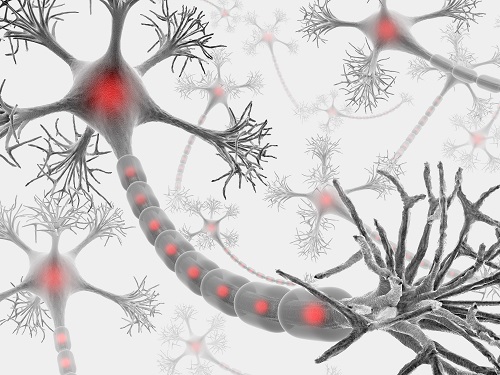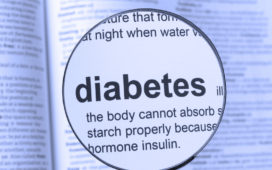This content is provided by StatPearls
Build quizzes with our comprehensive database in your specialty and track your progress. See your score history and get additional learning resources.
Probiotic Skin Therapy Helps Improve Eczema In Children, New Study Finds
Researchers say modifying the skin microbiome lessens eczema severity and improves quality of life in kids.
0 seconds of 1 minute, 38 secondsVolume 0%
Press shift question mark to access a list of keyboard shortcuts
Keyboard Shortcuts
Shortcuts Open/Close/ or ?
Play/PauseSPACE
Increase Volume↑
Decrease Volume↓
Seek Forward→
Seek Backward←
Captions On/Offc
Fullscreen/Exit Fullscreenf
Mute/Unmutem
Decrease Caption Size-
Increase Caption Size+ or =
Seek %0-9
Live
00:00
01:38
01:38
More Videos
01:38
Probiotic Skin Therapy Helps Improve Eczema In Children, New Study Finds
01:22
Are Your Sitting Habits Increasing Your Risk Of Diabetes and Heart Disease?
01:34
Health Benefits of Reducing Air Pollution
01:23
Gum Disease and Heart Health
01:14
Long Afternoon Naps May Be Risky To Your Health
Close
A 65-year-old patient with diabetes mellitus is on multiple medications to control his blood glucose and blood pressure. He develops orthopnea, dyspnea on exertion, and lower extremity edema. Which of the following medications is the most likely cause of the patient's symptoms?
Correct!
Wrong!
-
A 68-year-old black female with past medical history of diabetes mellitus, hypertension, bilateral presbyacusis, and osteoarthritis of both knees presents to the emergency department with episodes of dizziness and pre-syncope. She takes all of her medications regularly; these include aspirin 81 mg daily, atorvastatin 40 mg daily, metformin 1000 mg twice a day, carvedilol 25 mg twice a day, gabapentin 300 mg three times a day, and ibuprofen as needed for her joint pain. She reported snoring at night which is bothering her husband, in addition to daytime sleepiness. Physical examination revealed blood pressure of 154/95 mmHg, heart rate of 39 beats per minute, and a body mass index of 33 kg/m2. Her lungs were clear to auscultation; no heart murmurs were appreciated, and orthostatic blood pressure was normal. Her labs were unremarkable including thyroid stimulating hormone. ECG was only significant for sinus bradycardia. Tele-monitoring demonstrated one episode of lightheadedness that corresponded with bradycardia. What is the next step in the management of this patient?
Correct!
Wrong!
-
A patient diagnosed with rheumatoid arthritis 3 months ago is being treated with methotrexate 15 mg per week, hydroxychloroquine 200 mg twice a day, and prednisone, which has been tapered from 20 mg a day to 5 mg a day. Despite some improvement, the patient still has morning stiffness, swelling, and tenderness of several metatarsophalangeal joints. She still cannot open a jar. Which of the following would be most appropriate for this patient?
Correct!
Wrong!
-
A patient is concerned about gluten sensitivity. He reports he has less digestive problems, more energy, and less frequent infections when he avoids gluten. He does not eat wheat in any form, avoiding bread, beer, and pasta. He reports he had small bowel biopsy that was negative for celiac disease. He requests a blood test for further proof. What should be done?
Correct!
Wrong!
-
A 12-year-old male child is overweight and has a father with type 2 diabetes mellitus. Which of the following ethnicities would not meet an indication to test the child for diabetes or prediabetes?
Correct!
Wrong!
-

Editor








